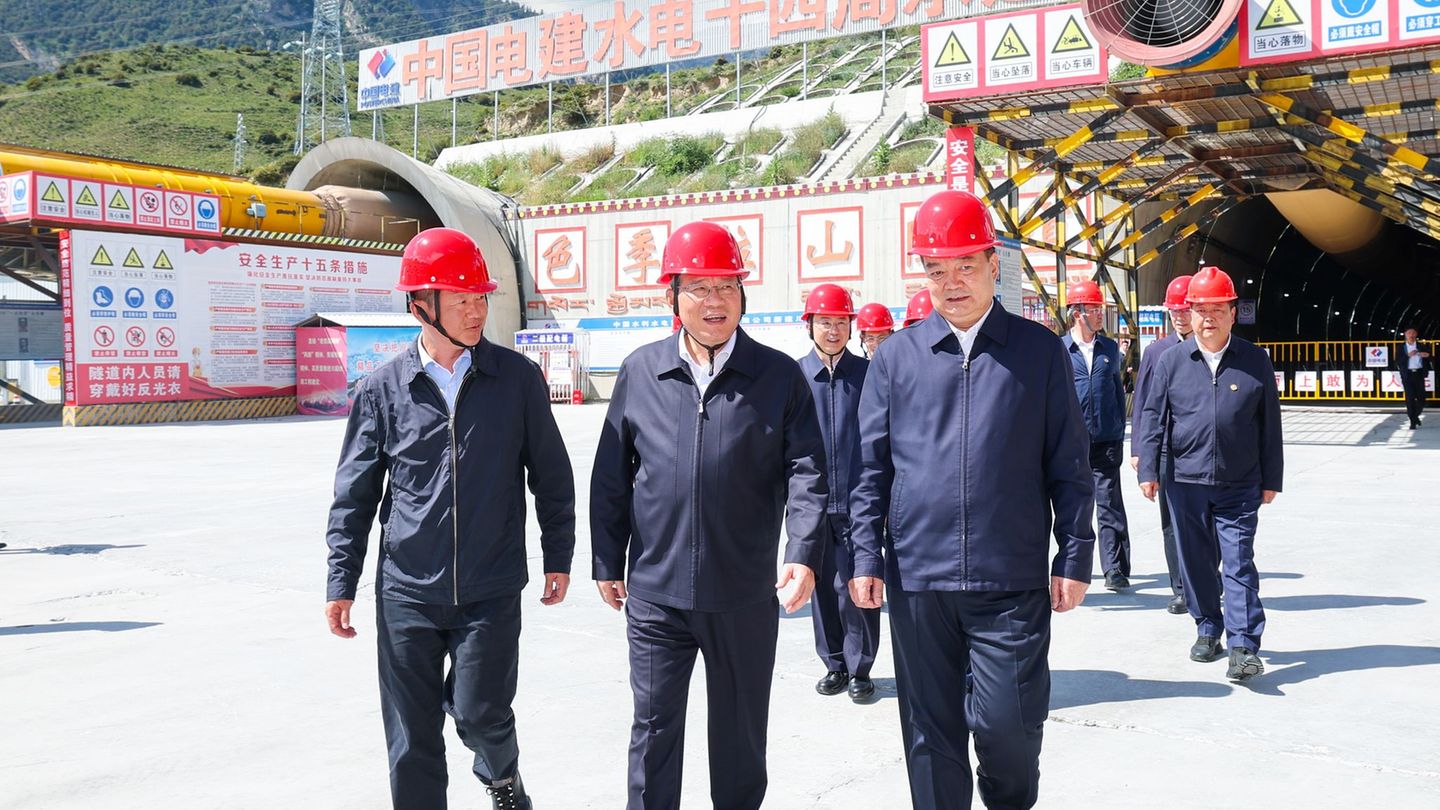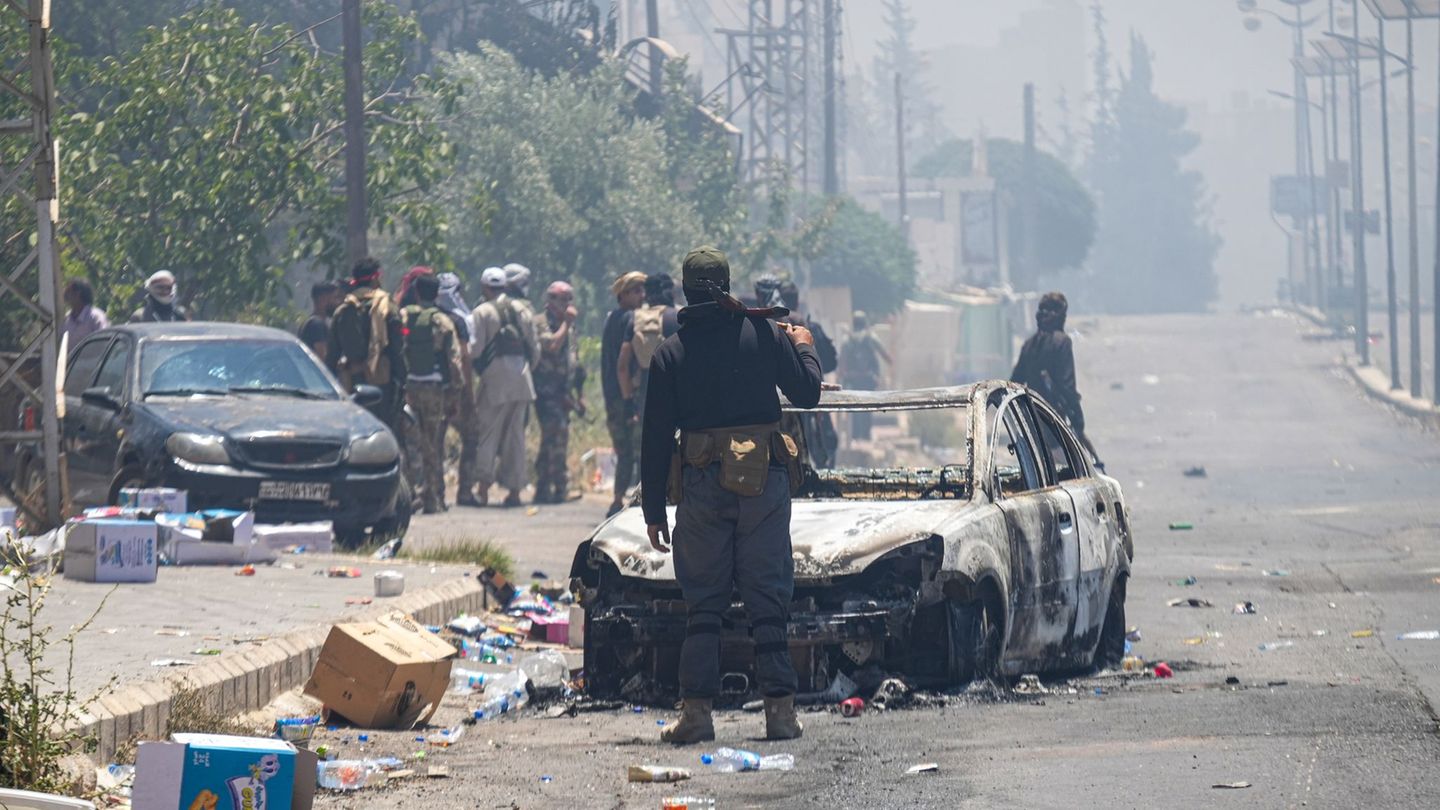Today the EU wants to publish its controversial taxonomy regulation. The fact that nuclear power could be classified as sustainable has triggered heated discussions (report page 5). The EU intends to link the green label for nuclear power to a concrete plan for a repository that will be operational by 2050.
Austria’s neighbor, the Czech Republic, does not seem to believe that it can take this hurdle. The earliest date should be 2065. However, the location decision should be made earlier – namely by 2025, possibly by 2030. The start of construction is 2050.
Austria’s politicians are vehemently opposed to nuclear waste storage facilities near the border. However, Gabriele Schweiger from the atomstopp_oberoesterreich platform does not want to see the proximity to the border as the central decision-making factor: “It depends on the geology,” she says. Nuclear opponents on both sides of the border have long accused the Czech Republic of looking for places where little resistance is to be expected instead of geologically suitable places – e.g. B., because people already live with nuclear power or radioactivity anyway. In Kravi Hora, for example, there are old uranium mines nearby. Other proposals are close to existing nuclear reactors. This also applies to the Janoch hill near the Temelin power plant, which, at a distance of around 70 kilometers from the border, would also be the closest of all proposals to Upper Austria.
Untested storage concept
In 2017, the German Ecology Institute prepared a study on behalf of Upper and Lower Austria. It says that the Czech Republic cites Scandinavian projects as a model for its repository in the crystalline host rock, but instead of the copper containers provided there, it wants to use a steel-based container technology that is intended for storage in clay rock. What that means for long-term safety is unclear.
Austria’s position could be aimed at these points in a cross-border strategic environmental assessment, in which, according to Upper Austria’s environmental provincial councilor Stefan Kaineder (Greens), one wants to get involved. He criticizes the fact that the Czech Republic is using the current discussion in the EU to push for the expansion of nuclear power.
The search for a repository shows that nuclear power is hardly clean energy. “Nuclear power has been generated in the Czech Republic since the 1980s and since then there has been no solution for the highly hazardous waste that has been produced,” says Kaineder.
Even if Austria follows a very strict anti-nuclear course, there is also radioactive waste in this country, albeit only lightly and moderately contaminated material from medicine and research. Anti-nuclear activist Schweiger criticizes that Austria itself cannot produce a repository. The volume of “a larger event hall” would probably be necessary, as she says. According to the Ministry of Climate Protection, around 300 tons of radioactive waste are produced each year and stored in the Seibersdorf interim storage facility.
Source: Nachrichten




